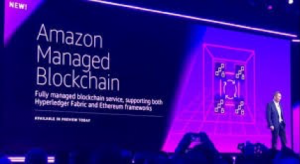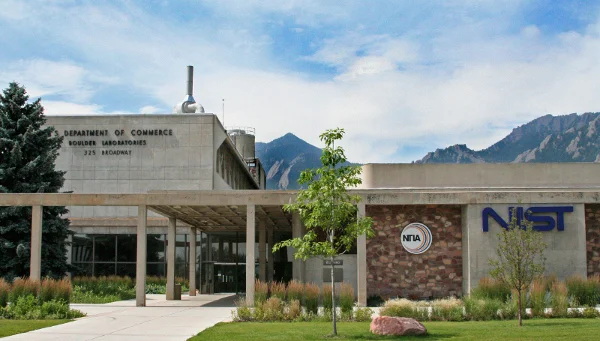Giant of Commerce
Amazon. Just the word, the three syllables, is enough for those with enough business acumen to be in awe over its magnificent commercial achievements. The last two and a half decades have seen the company become an ever-present monster in the business world, dominating proceedings, sharing the loot — and people’s wallets and bank accounts— with the likes of Facebook, Microsoft, Apple, Google, and a handful of others.
But with power comes great responsibility. And with great responsibility comes the added headache of cyber incursions, breaches and their malignant infractions that can lead to the company losing millions (and sometimes billions) of dollars.
Quantum Ledger Database

So, no one was really surprised at Amazon’s latest move a few weeks ago into the world of blockchain with their ‘quantum ledger database’ (QLDB), its centralized blockchain service, which is now available to customers.
The service, which the company announced with its Amazon Managed Blockchain last year at the AWS re:Invent conference, empowers users to design and regulate blockchain networks that are scalable based on Hyperledger or Ethereum networks. The quantum ledger database utilizes blockchain architecture in networks using safe, verifiable databases that are cryptographically secure, giving users a centralized authority connected to multi-party applications.
[…] It’s not just key-value stores like DynamoDB, but also in-memory databases like Amazon ElastiCache, time series databases like Amazon Timestream, and ledger solutions like Amazon Quantum Ledger Database — the right tool for the right job saves money and gets your product to market faster. […]
— Jeff Bezos, Extract from Jeff Bezos’s 2018 Letter to Amazon Shareholders
Utility
Amazon has stated that the quantum ledger database can be used between supply chain nodes to a centralized account system for such tasks as account data tracking, closing contracts, data sharing files, as well as regular transactions.
This decentralized operation will require — as in all blockchain systems — consensus between all nodes (customers), otherwise new transactions on the shared ledger will not be able to take place.
Amazon, founded in 1994 by Jeff Bezos and based in Seattle, Washington state in the country’s rainy northwest, is a multinational company that, since those early days, has become the global superpower in e-commerce. Incidentally, it also has a massive market share in areas like artificial intelligence (AI), cloud computing and in entertainment with its Amazon Prime digital streaming platform.
‘It’s expected that 10 percent of global GDP could be stored on blockchain technology by 2027.’
— Del Rajan, theoretical physicist at Victoria University of Wellington in New Zealand
Fears
Some in the industry fear Amazon’s move into blockchain technology, and specifically, the quantum variation of it, was inevitable, seeing it as just another way for the multinational to control its expanding global empire.

But as more companies realize the disruptive technology we are currently adopting widescale at the moment, be it blockchain, the plethora of cryptocurrencies out there or AI, quantum technology can — if it promises to do what experts in the field expect it to be capable of — threaten them. They believe, as Jeff Bezos seems to with his latest move, aligning with quantum technology is the best option in both a business as well as a technological standpoint.
















